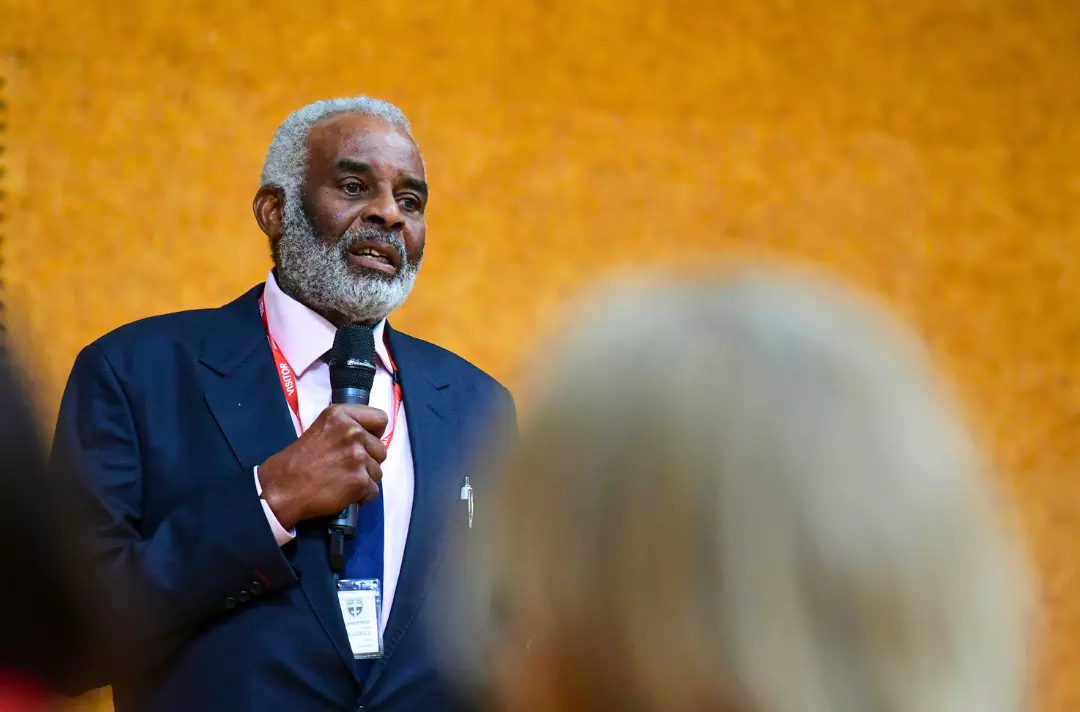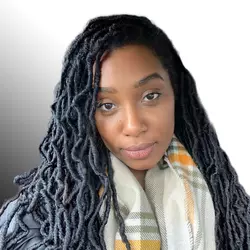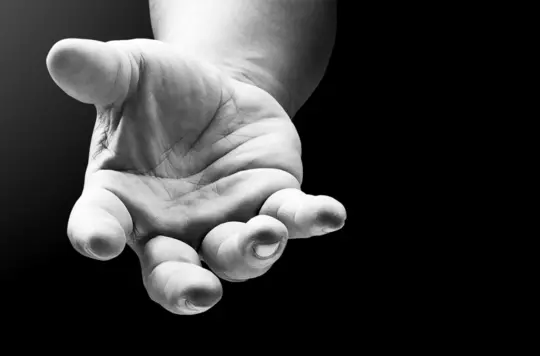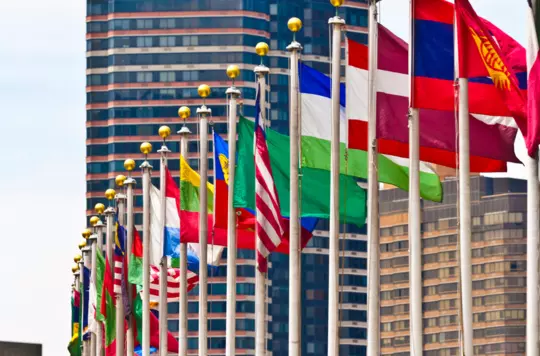21 April 2023
Neville Lawrence: ‘Faith is keeping me alive’
Sarah Olowofoyeku

Neville Lawrence tells War Cry's Sarah Olowofoyeku how he found peace through forgiveness and the strength to keep living.
Tomorrow, as he does on 22 April every year, Neville Lawrence will be paying his respects to his elder son. If he is in his native Jamaica, he will visit his son’s grave; and if he is in the UK, he will lay flowers on the spot in southeast London where his son was murdered.
Thirty years ago, 18-year-old Stephen Lawrence was stabbed to death by a gang of white youths in a racially motivated and unprovoked attack. Although there were five suspects, only two of them were convicted and jailed – nearly 20 years after the murder – and in 2020 the case was closed.
Stephen’s death became a landmark case in the British criminal justice system and is seared in the conscience of the nation. Attention was brought to it, in part because of the way it was handled by the police, because of a visit to the family from Nelson Mandela, and because of a shocking front-page story run by the Daily Mail, printing the faces of the five suspects and labelling them murderers.
The Lawrence family were mistreated by the Metropolitan Police, and the Crown Prosecution Service didn’t take the case seriously. An inquiry into the investigation resulted in the Macpherson report being published in 1999, which concluded that it was ‘marred by a combination of professional incompetence, institutional racism and a failure of leadership’.
Since his son’s murder, Neville has played a part in efforts to improve the police service and to teach young people how to treat others. Last month he spoke at an event held in a school in Guildford, where I joined an audience of all ages to listen to his experiences. The talk was held in connection with the Knife Angel, a touring monument designed to raise awareness of the impact of knife crime, which stood outside Guildford Cathedral during the month.
Addressing the audience in the hall of Christ’s College, Neville remembers: ‘As a child growing up in Jamaica, I used to hear that Scotland Yard was one of the best police forces in the world. I felt really confident that it wouldn’t be a problem to solve the case. The morning after my son’s murder, they sent two officers to my house. I was expecting them to come and explain to me what happened that night and what they were going to do, but they didn’t do that.’
He explains that the officers began taking down the names of his friends and family members who had come to pay their respects. And in subsequent days, they showed Neville gloves and a woollen hat found near the crime scene, which he believes was their suggestion that Stephen was a cat burglar.
The family eventually had to take matters into their own hands and started a private prosecution. Years later, an inquiry established that undercover police had been ordered to spy on the family’s efforts to achieve justice.
While both Neville and Stephen’s mother, Doreen, Baroness Lawrence, have gone on to make a significant mark on issues of justice through their campaigning and their work with young people and justice organisations, Stephen’s death has had a devastating impact on the family.
The couple divorced six years after his murder, and today Neville says that he cannot mention Stephen’s name to his daughter.
‘There were five of us,’ says Neville, ‘my wife and three children. And all of a sudden, I was left with two children and a wife. Then after that, I was left by myself, with nobody to talk to.’
In recent years, however, Neville has found some healing.
‘You can’t begin to heal until you’ve accepted what has happened, and you also have to try to find a way to continue to be you. That’s one of the reasons why I decided I had to put myself in the church, for the church to help me cope.
‘I had bad ideas about going and killing people, and that was making me ill. I was so angry that sometimes I couldn’t sleep. I was angry that my son was murdered and that I had to be doing so many different things to try to get some satisfaction from the people who I thought were good enough to solve the murder quickly so I could get on with my life.’
Eventually, says Neville, he came to forgive his son’s killers. He explains that he was able to make such a choice after hearing of another family who had forgiven the convicted murderers of their son.
He says: ‘I was already thinking that some of the thoughts I’d had were bad, that I shouldn’t be thinking of seeing these boys on the road one night and jumping out and killing them. I said to myself: “If this family who was present at the murder of their son can forgive, I think maybe I should do the same.”
‘I thought I should get baptised. But I knew that carrying this kind of a hatred for these people would stop me from being baptised. So I went to the pastor of the church where I was going and explained to him that I wanted to be baptised, but I told him about the feelings I was having towards the people who had killed my son. I asked if I had to have permission from them to forgive them or if I could just do it and not even meet them. He said I could. So I got baptised.’
After the talk, I speak with Neville to learn more about his faith. He tells me of the difference his baptism made to him.
‘I hadn’t been able to sleep some nights, but the next morning after my baptism, I couldn’t wake up. It made me feel peaceful, as if I’d done something I should’ve done earlier on. It’s part of what I use to try to carry on. I’m just in the house by myself, it’s one of the things that’s keeping me alive.’
Embracing his faith has helped him come to terms with what happened to his son.
‘I’ve come to the conclusion that Stephen was sent here for a reason,’ he says. ‘Yes, it’s horrible to die, but remember, God sent his Son here to die for our sins. Some of the things that have happened since Stephen’s murder wouldn’t have happened if it wasn’t for his death. And I wouldn’t have met some of the families that I’ve managed to talk to and encourage without his death. I wouldn’t have been able to go to all the schools I’ve been to and talk with young people and give advice to other families.
‘Four families came to my house a week after Stephen’s murder to tell me some of the things that they went through after the death of their sons. I decided then that I would visit any other family who wanted me to talk to them, because I know what the pain is. Without knowing what the pain is, you cannot help somebody else try to survive.
‘If it wasn’t for the fact that I’d accepted Christianity and the things you should do, maybe I would be doing things differently. I’d maybe get angry. Some people would go out and start fires, burn down a place, go into a party and kill people. I wouldn’t be able to do anything like that, because I’m not thinking that way, and the reason I don’t think that way is because of faith. I believe I should be doing what I’m doing, and I pray every day and every night for strength to continue to do it.
‘Faith is one of the most important things in anybody’s life, and sometimes it takes a tragedy for you to realise.'
Written by

Sarah Olowofoyeku
Assistant Editor, War Cry
Discover more

Sarah Olowofoyeku speaks to Loretta Andrews, co-author of 'Talking to Children about Race'.

Commissioner Paul du Plessis considers the light of the Saviour in today’s dark world.

